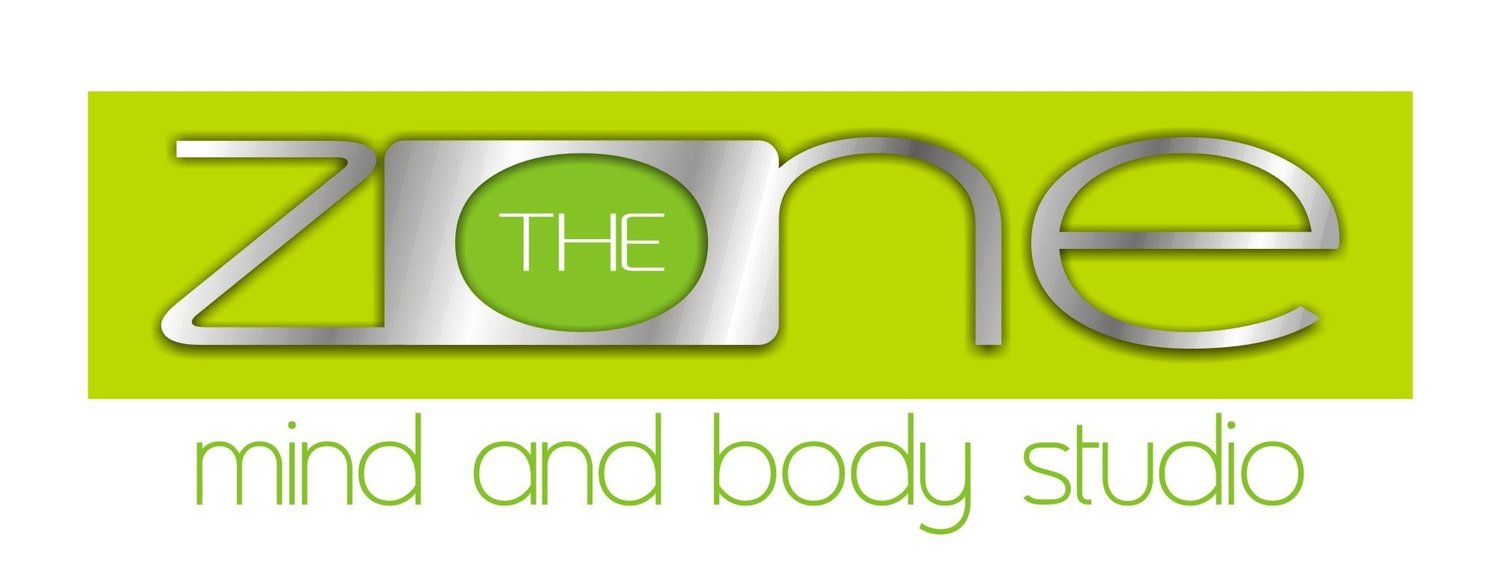Workout for Strength, Not Stress
Conditioning (noun) - the process of training or accustoming a person to behave in a certain way or to accept certain circumstances.
‘No pain, no gain’ is a phrase I’ve been hearing for decades. I have seen it being worn as a badge of honor, by people who choose to push themselves to extreme limits of exhaustion and stress to prove to themselves and others how hard they are exercising.
This conditioning has become deep-rooted in the fitness world.
So much so that I come across people engaged in fitness programs that are showing them results, with gains in strength, energy, and their daily living, but they are not satisfied.
Why?
They feel they are not doing enough. Their workouts are not leaving them feeling exhausted, stressed, or beaten down. Hence the assumption that ‘I am not working out enough’!
Why do we feel the need to associate our workout efforts with a negative emotion?
Instead, why do we not choose positive emotions such as strength and energy to reflect our efforts?
Unfortunately, the two criteria commonly encouraged by trainers and coaches to mark a ‘great’ workout are ‘no pain-no gain’ and ‘work through your pain’.
This approach is more likely than not to set you up for an injury. Pain or soreness that lasts for a long time, sometimes even days, is unnecessary, only leading to overtraining and injury. Pain is not a precursor to results.
I repeat, you don’t have to experience pain to get results.
The ‘work through your pain’ dictum further plays on the idea that pain associated with exercising is an indication of intensity, hard work, and results.
The only results that I have seen come out of this kind of training are stress and injury.
Pushing yourself to the point of exhaustion or unhealthy pain is in fact detrimental to your goals. You will find yourself too tired to train effectively in your next session or may even skip your workout altogether.
Plus, with this constant build-up of stress you are only leading your body towards an injury.
Be efficient with the efforts you put in.
You should be able to maximise results from each workout to ensure sustainability.
Your posture and form when you exercise are more important indicators of how you are doing rather than the pain you experience.
If during your workout you find your form is getting compromised, due to overtraining or exhaustion, it’s a clear indicator that you need to stop.
Positive markers to quantify your progress.
Indicators that you are doing well in your fitness efforts should be based on how you feel, the progress you’re making towards your goals, and changes in the quality of your life.
In fact, lack of exhaustion, stress, and injury to the body should be the most important marker for you to evaluate a good fitness program!
Your workouts are not meant to punish you. They should be a source of strength, not stress.
For me, my workouts are a way of strengthening my body and mind. I look to my workouts as a means of staying energised for the day.
Why would I want to put myself through workouts that leave me feeling fatigued all day or even worse lead to me being injured?!
My benchmark for an effective workout – feeling strong, fit, and energised. For all that I want to do. Everyday.
For over three decades we have been offering customized fitness solutions based on our philosophy of Real Results, Real Fitness, For Everyone.
Read about our programs here.

